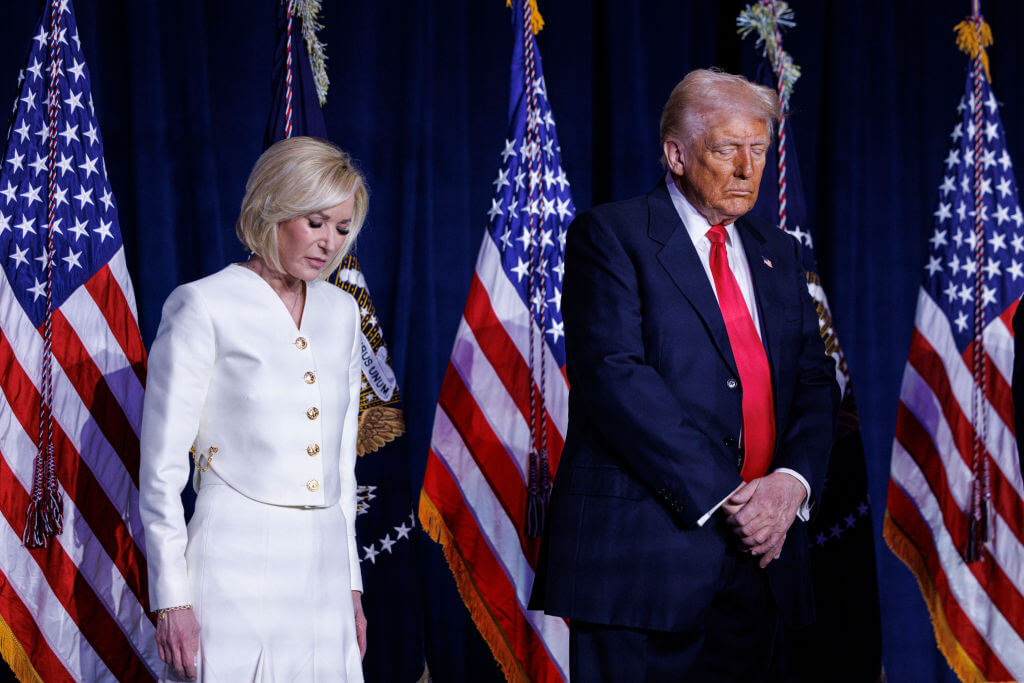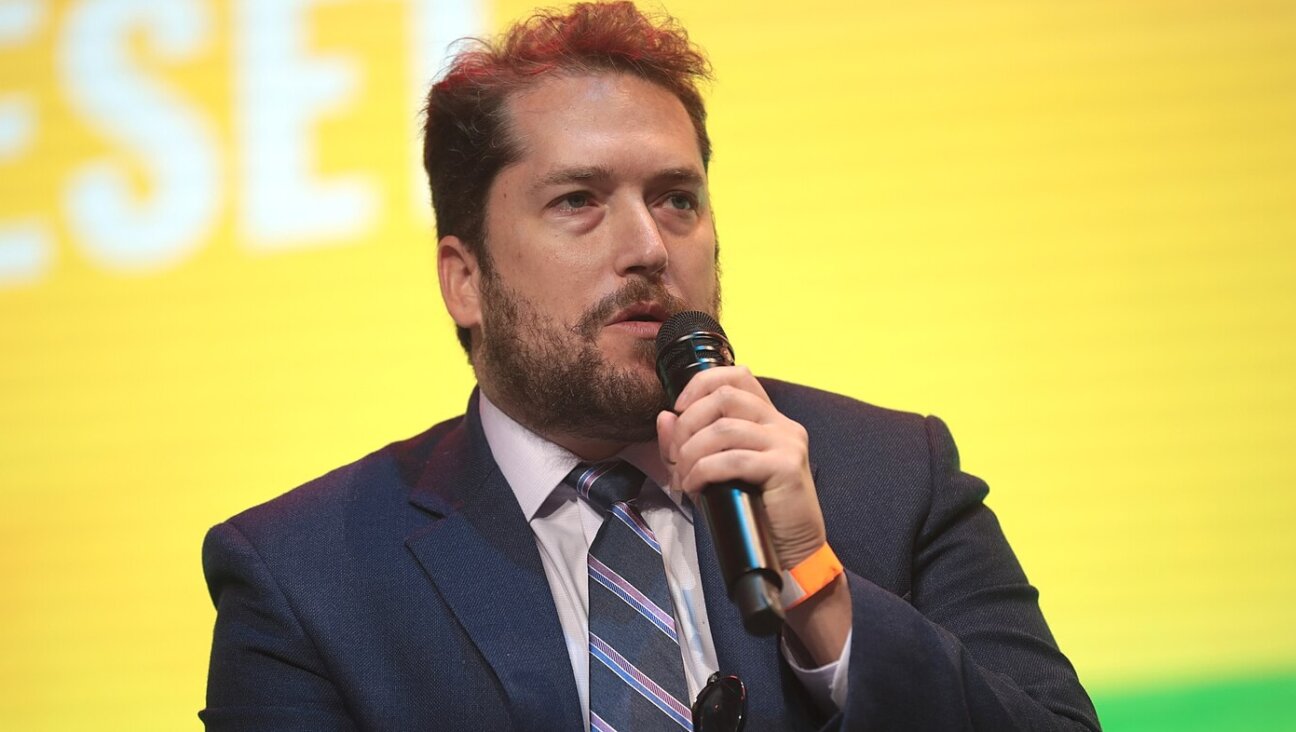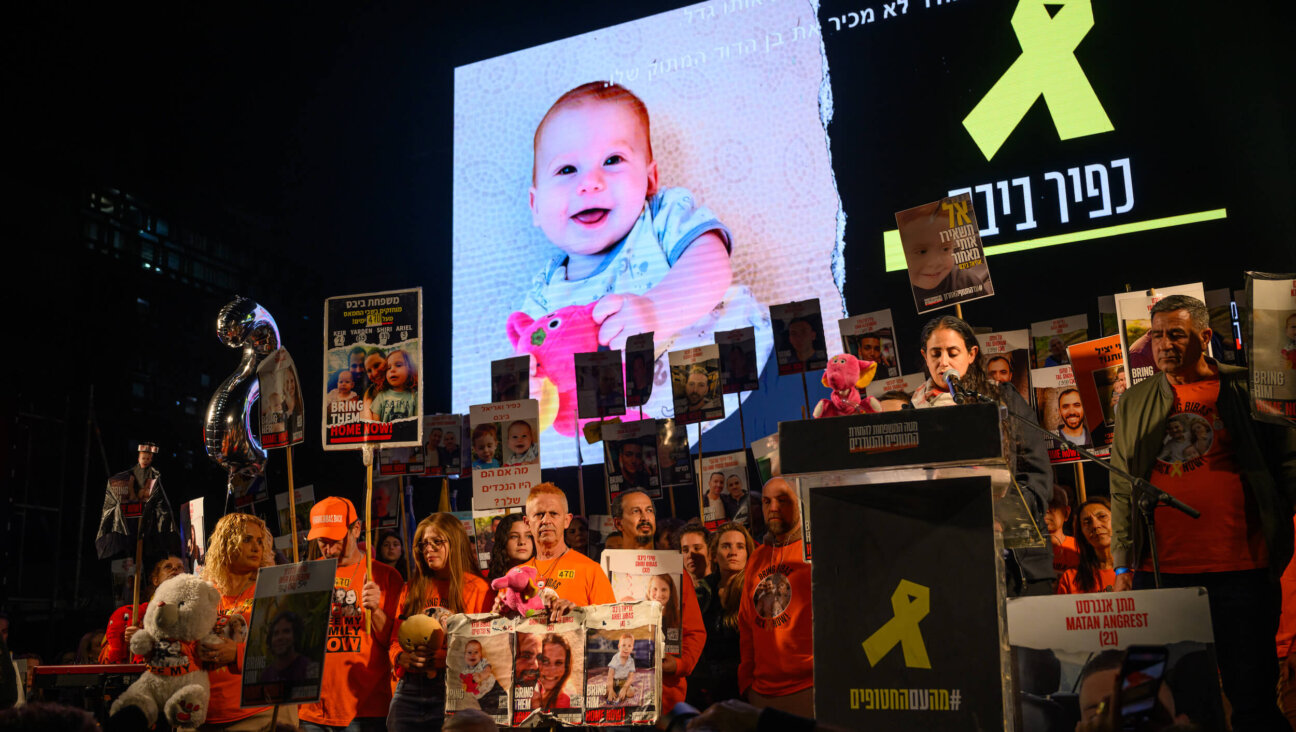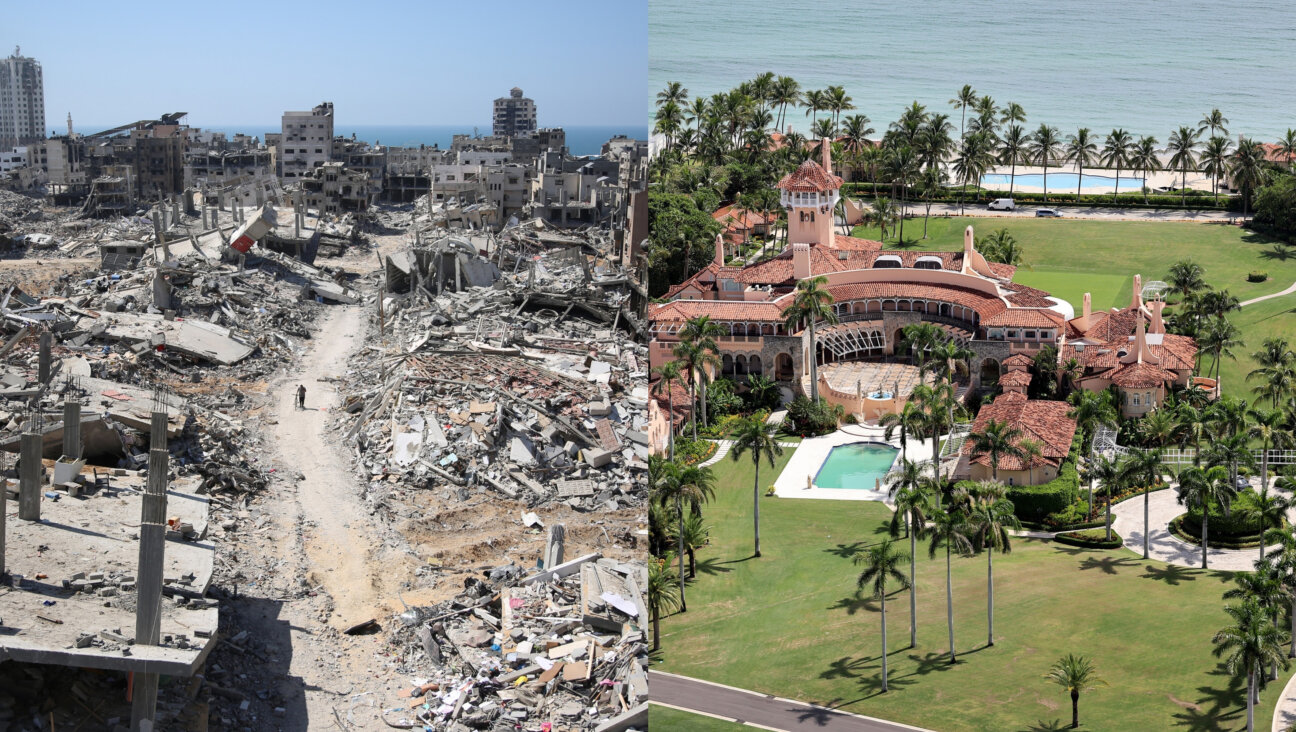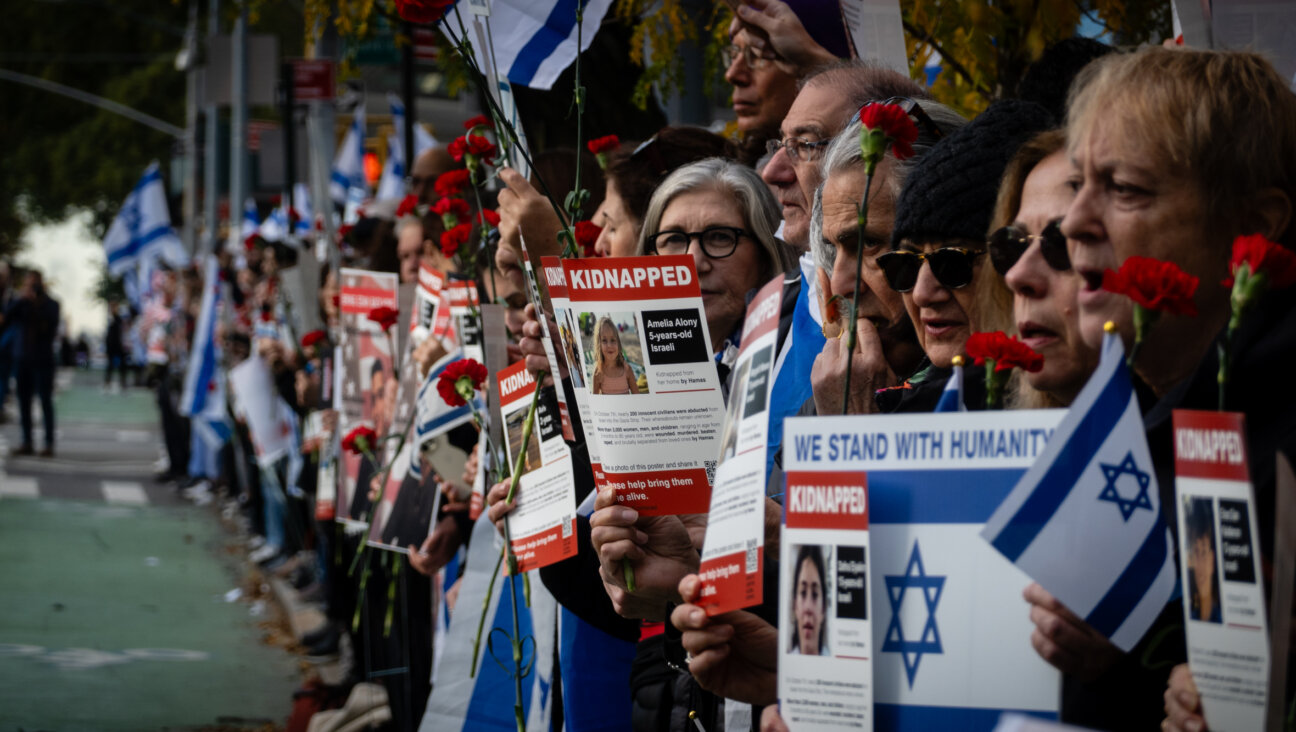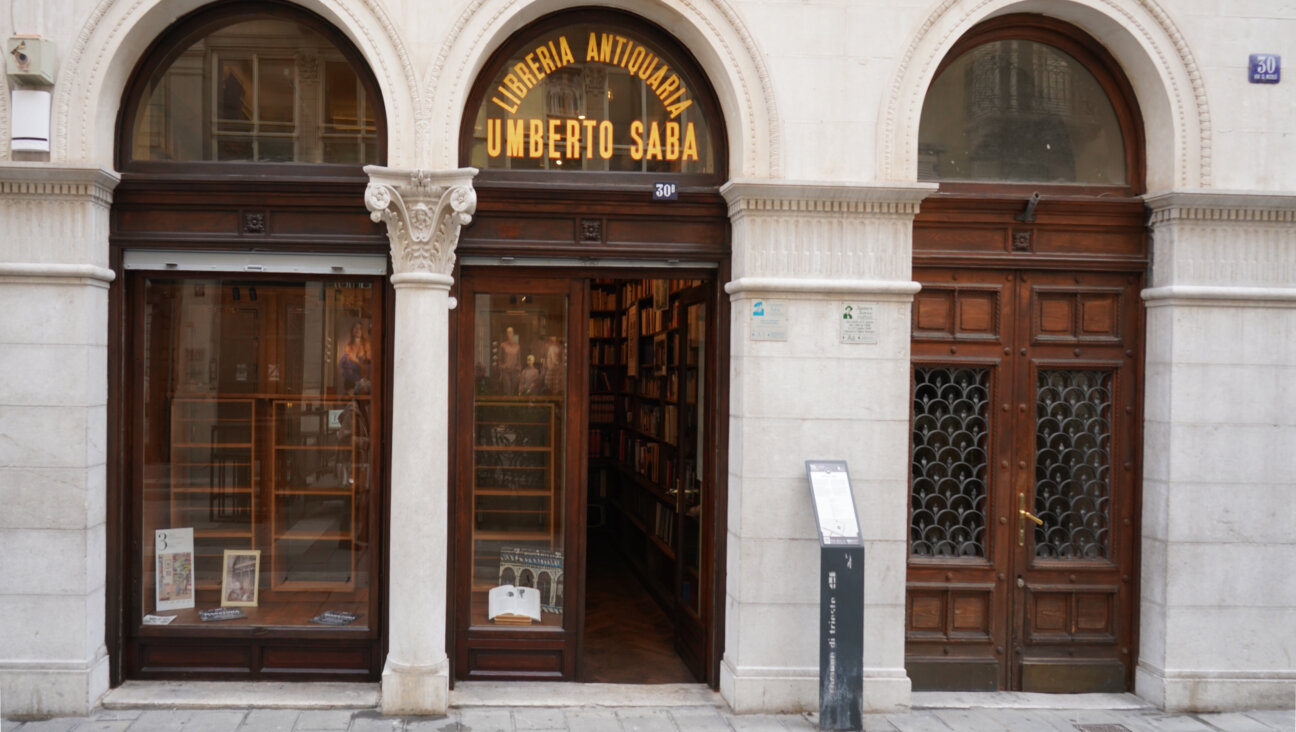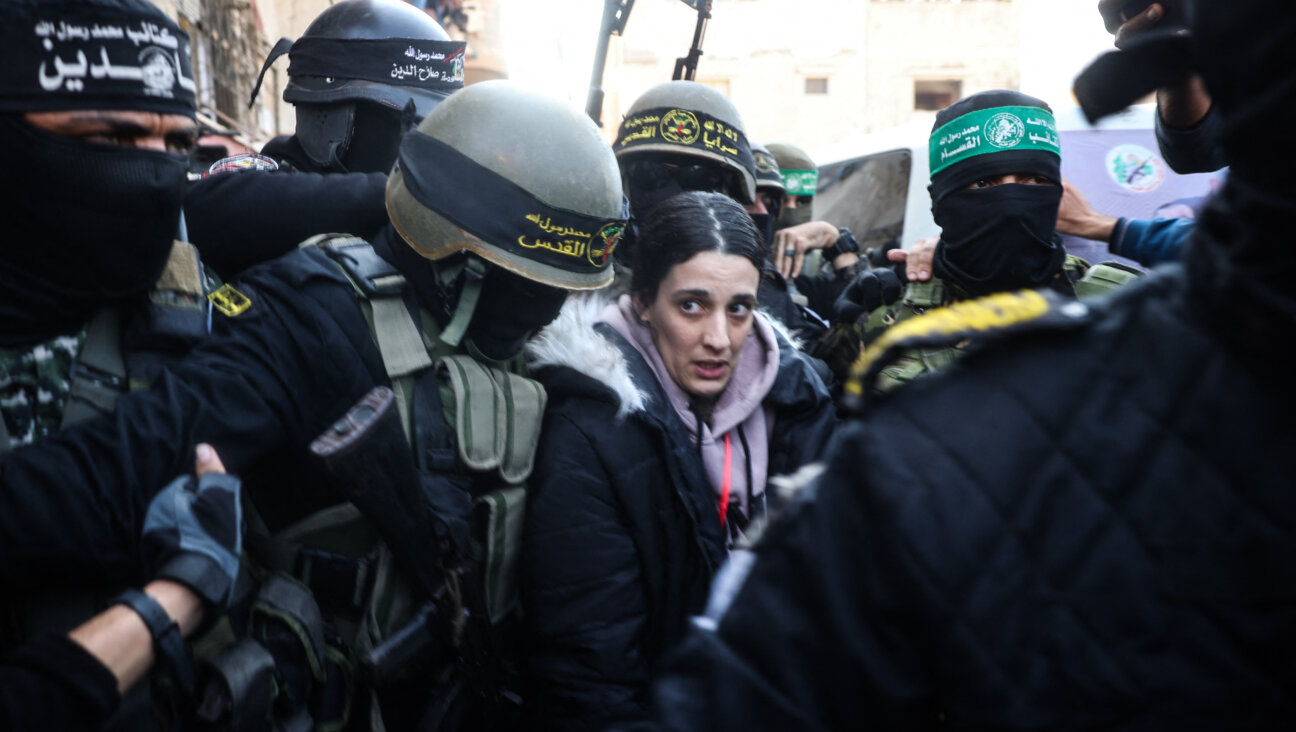El Al Crash Still Spawns Conspiracy Theories

Dutch Disaster: Conspiracy theorist blame nuclear plots and Mossad hijinx for the El Al cargo plane crash in Amsterdam. Investigators deny them all. Image by getty images
Chemical weapons, nuclear debris and Mossad agents in biohazard suits all have played prominent roles in the dozens of conspiracy theories surrounding the crash of an El Al airplane here 20 years ago this month.
But Rob Oudkerk, vice chairman of the Dutch parliament’s inquiry into the deadly crash, has studied and dismissed them all.
In a recent interview for a Dutch TV documentary, members of Oudkerk’s commission of inquiry reiterated their conclusions: The Israeli cargo plane malfunctioned despite proper maintenance and contained no known poison or weapons when it crashed into an Amsterdam housing project on Oct. 4, 1992, killing 47 people.
But two decades on, the conspiracy theories continue. Last week, on the anniversary of the crash, a short film titled “LY 1862,” which appeared on YouTube and two popular film sites, presented a smug and misogynistic El Al pilot who ignored the entreaties of his idealistic son and his son’s girlfriend not to ship “chemical weapons” to Israel because “they use them to kill people every day” and “there are powers trying to prevent the shipments.”
In reality, Capt. Yitzhak Fouchs and three other crew members died in what aviation experts later called a “freak accident” caused by defected fuse pins in the wings of their Boeing 747. The pins broke, causing one engine to shear off and knock off a second engine and parts of the wing. Flight LY 1862 crashed into a housing project shortly after takeoff from Schiphol Airport to Israel.
“There were so many ghost stories because the plane was Israeli,” Theo Meijer, the commission’s chairman, said in the television documentary program “Andere Tijden,” or “Different Times.” This caused “a growing unrest,” which was the reason for the commission’s creation in 1998, Meijer said.
“Because the plane was from Israel, residents thought chemical weapons had rained down on them and made them sick,” Els Borst, a former Dutch health minister, said on the program.
Before the commission was appointed, Amsterdam city authorities reviewed hundreds of medical complaints but found no conclusive link with the crash except, “perhaps, in a few individual cases.” Yet the rumors persisted.
Oudkerk revealed on the television show that he had come “under political pressure” in his capacity with the commission. He said a minister from his Dutch Labor Party visited his home one night to “pressure” him into “considering the political implications” for the cabinet under then-Prime Minister Wim Kok of Labor.
“Politicians never have handled the probe,” said Oudkerk, who did not specify in which way he had been pressured to act or whether he complied. Meijer acknowledged that political intrigue was present around the probe, but nonetheless said its members “peeled off the conspiracy theories one by one.”
Yet one of the sessions in 1999 seems to have had the opposite effect.
In that session, a lawmaker for the left-leaning D66 party read out, with some dramatic flare, transcriptions of calls made by the El Al office in the Netherlands after the crash. In the calls, it emerged that explosives and poisonous gases were aboard the plane.
Omitted from the text was the fact that the military cargo listed had been offloaded from the plane at Schiphol Airport before it took off again to Israel. It created the impression that the dangerous materials exploded on the ground in the crash.
“We all knew the explosives had been offloaded, but that session gave the opposite impression,” said Theo van den Doel, a commission member and lawmaker for the center-right VVD Party. His requests that the commission issue a correction were overruled, and within hours Dutch media labeled LY 1862 an arms shipment – an impression that would be corrected only weeks later in the commission’s final report.
Freight documents showed the flight was carrying 42 gallons of chemicals that could be used as precursors for making Sarin nerve gas, among other applications. But the commission found these chemicals presented no special health risks in the crash. Nevertheless, their presence was highlighted in Dutch and international media, thus linking the crash to chemical warfare.
The commission’s findings failed to convince Sonya van Zoest, 64, who was at home cooking lasagna when the airplane crashed just outside her apartment in Amsterdam’s Bijlmer neighborhood.
“No one ever properly explained the weird sicknesses that happened here,” she told JTA at the 20th memorial ceremony on Oct. 4 at the site of the crash. “No one called the Dutch government, El Al and Boeing to account for their lies and deceit.”
Among the crash’s victims was van Zoest’s close friend, Marcella Sagan-Marin. Van Zoest identified what was left of her friend’s body – a torso – two days after the crash.
If other residents of the poor immigrant Bijlmer neighborhood share her bitterness, it did not show at the ceremony, which the Israeli Embassy helped organize and at which an El Al representative placed a wreath on the monument for the victims.
David Buma, a cousin of one of the victims, seemed lost in thought as the Dutch-Israeli singer Iris Tzur performed the melancholic Hebrew-language song “Zachiti Le’ehov” (“I was Blessed to have Loved.”)
“I’ve heard about 40 conspiracy theories about what happened,” said Buma, who like many of the bereaved was born in the former Dutch colony of Suriname. “I have not seen facts to support these stories.” He said it may be a way for people “to better cope with the loss.”
His life was saved because he left his apartment house just minutes before the crash to greet relatives at the nearby subway station. From there he saw the plane slam into the building.
A message from our Publisher & CEO Rachel Fishman Feddersen

I hope you appreciated this article. Before you go, I’d like to ask you to please support the Forward’s award-winning, nonprofit journalism so that we can be prepared for whatever news 2025 brings.
At a time when other newsrooms are closing or cutting back, the Forward has removed its paywall and invested additional resources to report on the ground from Israel and around the U.S. on the impact of the war, rising antisemitism and polarized discourse.
Readers like you make it all possible. Support our work by becoming a Forward Member and connect with our journalism and your community.
— Rachel Fishman Feddersen, Publisher and CEO











